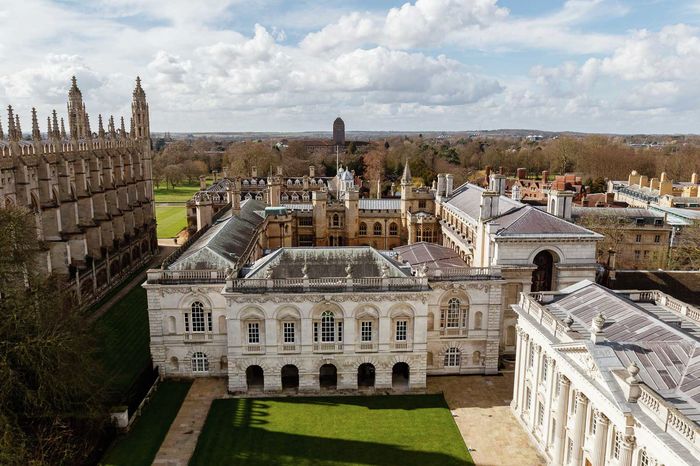Cambridge adopts controversial new free speech code
The new legislation will protect academics’ ability to express ‘controversial and unpopular opinions’

The University of Cambridge is set to introduce a contentious new freedom of speech code, despite heavy criticism from academics.
The code aims to bring the University’s freedom of speech legislation in line with the recent Freedom of Speech Act, which strengths the legal requirements on universities to protect freedom of speech.
The code will allow academics “to question and test received wisdom,” including “controversial or unpopular opinions within the law, without fear of intolerance or discrimination”.
This comes after Emmanuel College reportedly cut ties with “race realist” Professor Nathan Cofnas over his claims that “the number of black professors at Harvard would “approach zero” in a meritocracy”. The College described Cofnas’ comments as “a rejection of Diversity, Equality, and Inclusion (DEI and EDI) policies.” The complaints procedure involving Dr Cofnas is ongoing.
Cofnas’ sacking was criticised as an attack on free speech by multiple Cambridge academics, who called on the University to “call off their investigations” into his views and urged Emmanuel college to “reverse its decision” to cut ties with him.
The laws that the code will enforce has attracted criticism from multiple academics. Nicholas Guyatt, director of undergraduate studies for History and a Jesus fellow, has claimed that the Philosophy Faculty could not fire Cofnas due to “the government’s ‘Freedom of Speech’ (2023) act, which seems designed precisely to perpetuate this farce”.
The concerns were echoed by Professor Pippa Rogerson, Master of Caius College, who in a previous interview told Varsity that she was “terribly worried” about challenges that arise when upholding freedom of speech and fulfilling duties imposed by the Equalities Act.
She also claimed that she “couldn’t say no” to Arif Ahmed’s decision to invite controversial gender critical activist Helen Joyce to speak at Caius in 2022. Ahmed has since been made the the director for Freedom of Speech and Academic Freedom of the Office for Students (OfS).
The code will come into effect on 1st August, at the same time as the Freedom of Speech act.
A spokesperson from the University of Cambridge told Varsity: “Freedom of speech within the law is a right that sits at the heart of the University. We encourage our community to challenge ideas they disagree with and engage in rigorous debate.”
“Under the Higher Education (Freedom of Speech) Act 2023, it is a new statutory duty that all universities issue a Code of Practice on freedom of speech, and take reasonably practicable steps to secure freedom of speech and academic freedom within the law for their staff, members and students, and for visiting speakers,” they said.
“The University’s Code updates existing policies to comply with the Act, and is now subject to standard Regent House governance processes,” they added.
 Comment / Cambridge students are too opinionated 21 April 2025
Comment / Cambridge students are too opinionated 21 April 2025 News / Candidates clash over Chancellorship25 April 2025
News / Candidates clash over Chancellorship25 April 2025 News / Cambridge professor paid over $1 million for FBI intel since 199125 April 2025
News / Cambridge professor paid over $1 million for FBI intel since 199125 April 2025 News / Zero students expelled for sexual misconduct in 2024 25 April 2025
News / Zero students expelled for sexual misconduct in 2024 25 April 2025 Comment / Does the AI revolution render coursework obsolete?23 April 2025
Comment / Does the AI revolution render coursework obsolete?23 April 2025






